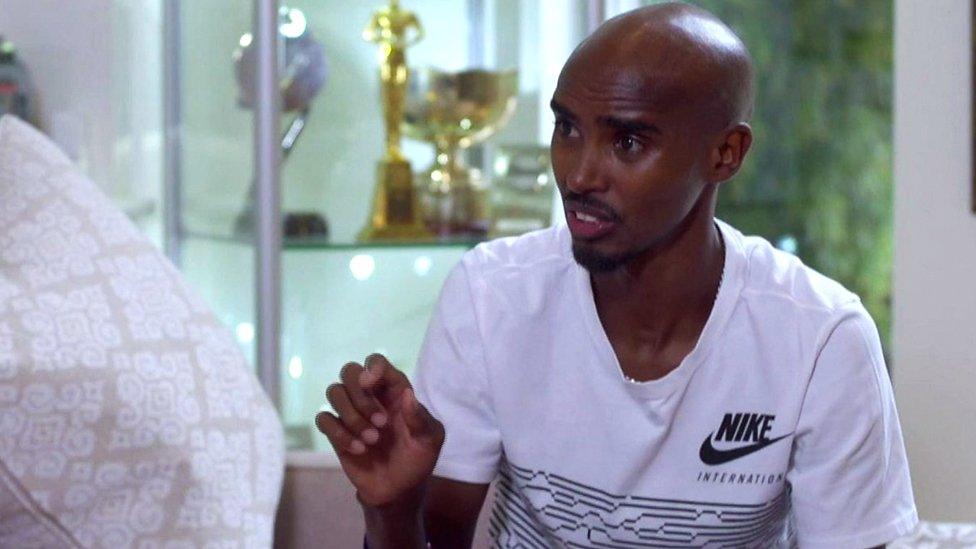Black History Month: Boxer's family want colour bar apology
- Published
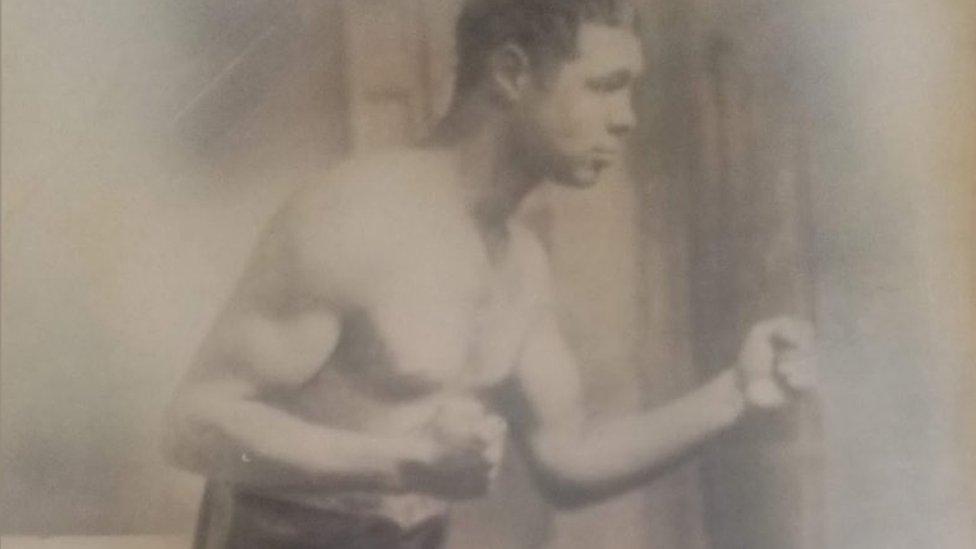
Cuthbert Taylor's Caribbean heritage meant he was barred from competing for a professional title
Boxer Cuthbert Taylor had more than 250 official bouts in his career, yet one foe he could never overcome was racism in his own country.
Born in Merthyr Tydfil in 1909, he competed for Great Britain at the 1928 Olympics and was once called the best in Europe, external.
His family want an apology for the 1911-1948 colour bar, external which stopped him fighting for the British title.
The British Boxing Board of Control has been asked to comment.
As part of Black History Month, a plaque has been unveiled at The Court House in Merthyr Tydfil, where Taylor used to train.
It states that he was "denied the chance to succeed because of the colour of his skin".
Merthyr MP Gerald Jones and Taylor's family are using the opportunity to call for a formal apology.
Allow X content?
This article contains content provided by X. We ask for your permission before anything is loaded, as they may be using cookies and other technologies. You may want to read X’s cookie policy, external and privacy policy, external before accepting. To view this content choose ‘accept and continue’.

Taylor's father was a Liverpool-born man of Jamaican heritage and his mother was Welsh.
Under the board's rules, between 1911 and 1948, fighters had to have had "two white parents" so he was deemed "not white enough to be British".
Mr Jones told the House of Commons last year: "Due simply to the fact that his parents were of different ethnic backgrounds, Cuthbert Taylor would never have the recognition and success at professional level that his remarkable talent deserved."
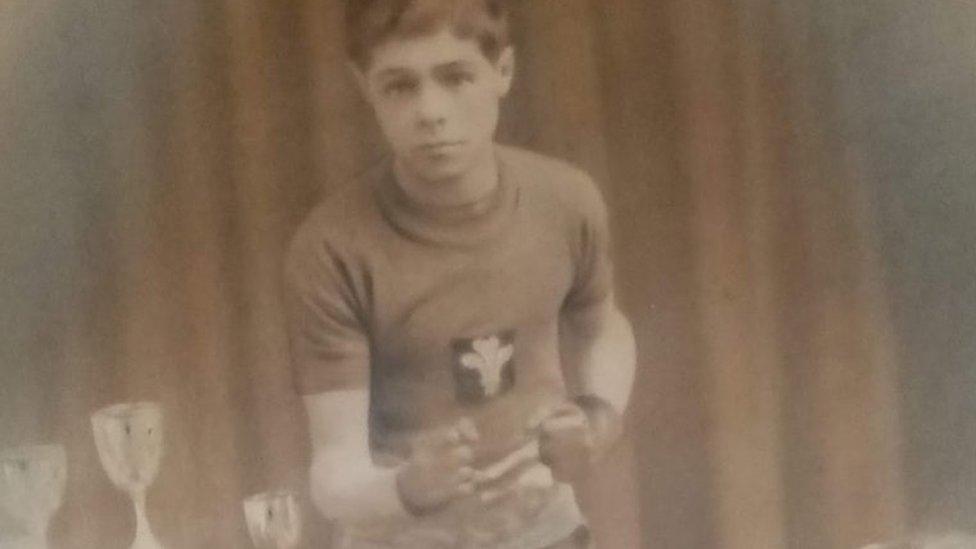
Cuthbert Taylor - a bantam and lightweight - had 151 victories, 22 draws and 69 defeats between1928 and 1947
In this debate, and in several subsequent letters, Mr Jones has demanded an apology for Taylor's treatment, which he said had fallen on deaf ears.
Raising the matter again on Thursday in the Commons, he said: "The truth is that - as shocking as Cuthbert's story is - he was far from the only potential world champion to suffer at the hands of the colour bar.
"We will keep up the pressure on the BBBofC, and continue to embarrass them until they do what many of them have already said in private is the right thing."
Taylor's grandson, Alun Taylor, said he was "sickened to his stomach" by the BBBoC's treatment of his grandfather, who died in 1977, aged 67.
"I understand that the world operated under different values at that time, and that the people who made those rules are now long dead," he said.
"All our family need is the people in control of the BBBofC today to acknowledge what they did was wrong and to show that they would never do the same thing again."
He has two grandchildren who box and he had advised them to never mention their black roots or connection to Taylor.
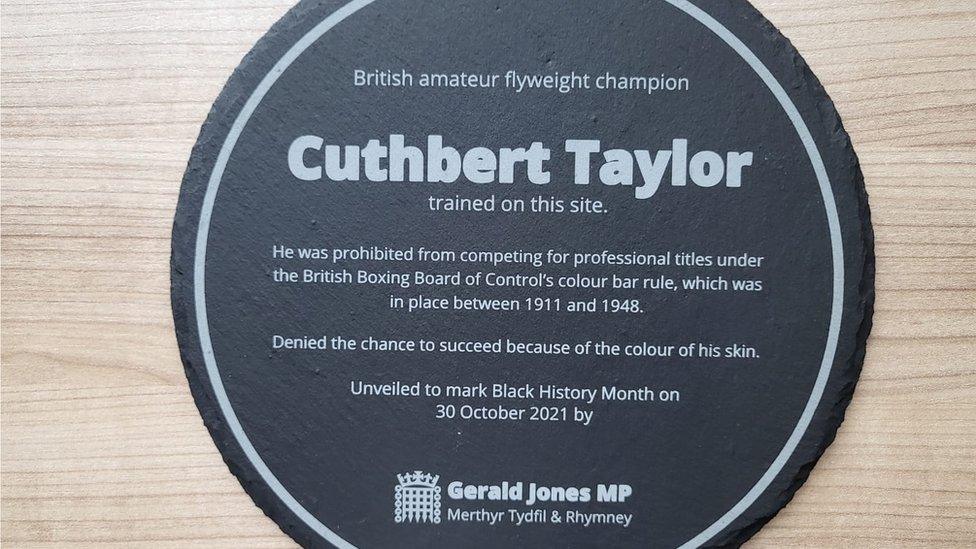
The plaque states Taylor was "denied the chance to succeed because of the colour of his skin"
The bantam and lightweight boxer had 151 victories, 22 draws and 69 defeats between1928 and 1947.
But boxing historian Gareth Jones said his record may well have been far more extensive than that.
"Cuthbert and his father Charlie fought in the boxing booths on travelling fairs, where Cuthbert's talent was unearthed by Tommy Farr," he said.
"There they would have fought dozens of bouts against allcomers of all weights and sizes.
"Often they'd fight two 12-round bouts in the same day, one in Merthyr and the other in Cardiff."
He said although the records for these fights were no longer available, Taylor must have been overwhelmingly successful to have created such a reputation, so soon after turning professional after the 1928 Olympics.
In 1935, he and American world champion lightweight Freddy Miller sold out Liverpool's Anfield stadium in a charity fight to raise funds for the victims of the Gresford pit disaster which claimed the lives of 266 miners in Wrexham.
Though again, Taylor was forbidden from challenging for Miller's belt, even as the crowd chanted his name.
His grandson Mr Taylor said: "I don't want much, I'm not looking for compensation.
"All I'm asking for is a written apology, so I can laminate it and pin it to my grandfather's grave.
"Then I will be able to say: 'There, see, it was all worth it after all'."

HEART AND SOUL : Ray Lopes is young, gifted and black; tonight's the night
TIP NUMBER 7: The families of Aberfan fight for justice

- Attribution
- Published1 October 2021

- Attribution
- Published24 October 2020
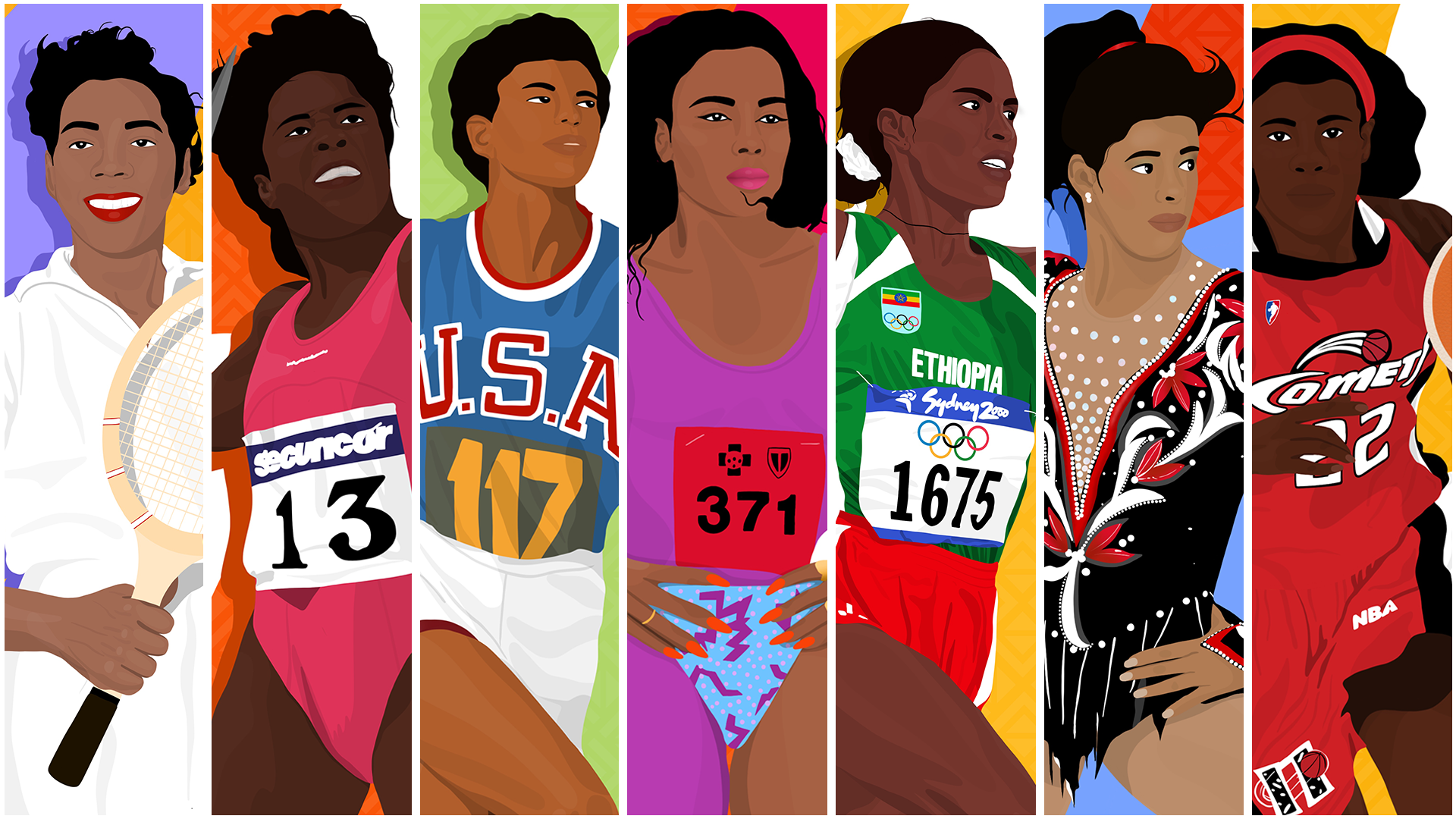
- Published16 July 2021
